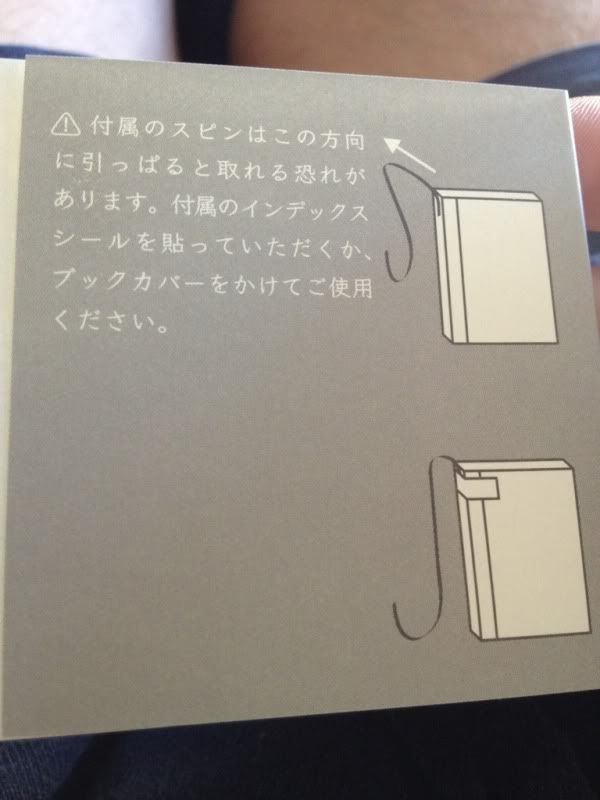No worries, and thanks for posting

.
I... do think you're talking from your throat, ha. Regardless of your accent and whatnot, there's something in your voice that makes me go "yep, not Japanese". I wish I could be more specific though. I guess it sounds... deeper (?) than a Japanese voice. Maybe Gacha-pin will chime in and tell us what he thinks.
Other than that, pretty good! Strangely enough, you've got this accent quirk that's (supposedly) typical to French speakers. That is to say, your tone rises, and then suddenly falls when you reach a particle. That's how the French speak French, and it's one of the hardest things to get rid of for us when learning Japanese (I had to have my teacher point it out to me before I realized). On top of that, you emphasize syllables at the beginning of words in some places, so in the end your accent goes 'fall-rise-fall', if that makes sense. For instance, when you say 「仰向きに寝た女が」, you emphasize ね. When you say その中に and 頬の底に, your voice falls after か and こ, right before the particle. Then again, that could just be a case of 1) not having practised as much as I do, 2) struggling with pitch accent the way I do. I hate pitch accent. It only works for me when I've practised a lot and actually looked up the 'regular' pitch accents for the words in that NHK pronounciation dictionary.
Are you... Dutch, perchance? I know a Dutch guy who speaks like you. Your accent is better than his though.
At any rate I suggest you either do another take when there's nobody around, or read something from a text you're more comfortable with. And sorry for commenting so much. Your accent is actually quite good (much better than the majority of Japanese learners I know), but I nitpick a lot, starting with myself.
And again, if anyone wants to give it a go, go ahead, it would be a nice change of pace for the thread. Should be fun.
do but I'm not really sure how common they are. Wikipedia says they are now only used in proper names. Is that really the only function they have now?

